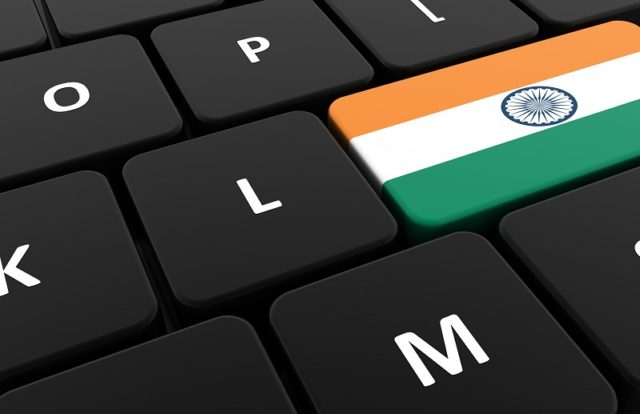
According to the Kaspersky Security Network (KSN) report, India has witnessed a 37% surge in cyberattacks in Q1 2020, as compared to Q4 2019. Kaspersky stated that it detected around 52,820,874 cyberthreats affecting Indian organizations between January to March 2020, while the number of threats detected in Q4 2019 were 40,700,057.
The report highlighted that India ranked 27th globally in the number of threats detected in Q1 2020 when compared to the 32nd position globally in Q4 2019. In addition, India also ranked 11th worldwide in the number of security incidents caused by servers that were hosted in the country, with 2,299,682 security incidents in Q1 2020, as compared to 854,782 incidents in Q4 2019.
It was also found that most users were affected by malware attacks, which are distributed via removable USB drives, CDs and DVDs, and other offline methods. “Protection against such attacks not only requires an antivirus solution capable of treating infected objects but also a firewall, anti-rootkit functionality, and control over removable devices,” the report said.
Saurabh Sharma, Senior Security Researcher, GReAT Asia Pacific at Kaspersky, said, “There has been a significant increase in the number of attacks in 2020 Q1 that may continue to rise further in Q2 as well, especially in the current scenario where we notice an increase in cybercriminal activities, especially in the Asia Pacific region.”
“We see smartphone users being targeted more due to mass consumption and increased digitalization. Risks like data leakage, connection to unsecured wi-fi networks, phishing attacks, spyware, apps with weak encryption are some of the common mobile threats that Android users face,” Sharma added.
“In order to mitigate some of the major risks like data breaches, targeted ransomware attacks, large scale (distributed denial-of-service) DDoS attacks, etc, businesses will need to allocate their budgets correctly to build a stronger security infrastructure,” said Dipesh Kaura, General Manager for South Asia, Kaspersky.
Cyberattacks on Indian Firms
A number of cyberattacks have been reported on organizations in India, causing a huge financial impact on the banks and their users. Recently, security firm Quick Heal Technologies detected a new wave of Adwind Java Remote Access Trojan (RAT) campaign targeting Indian co-operative banks by taking advantage of the COVID-19 pandemic. The company warned that attackers were trying to take control of employees’ devices to steal sensitive data like SWIFT logins. “These banks are usually small in size & may not have a large team of trained cybersecurity personnel, which, potentially, has made them a target for cybercriminals,” Quick Heal said.















